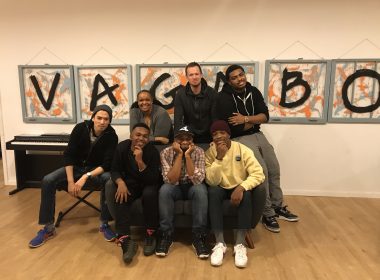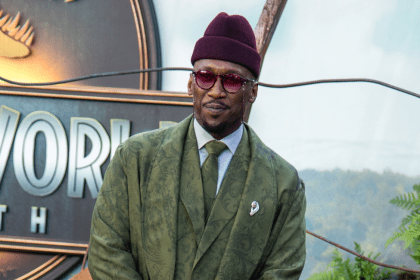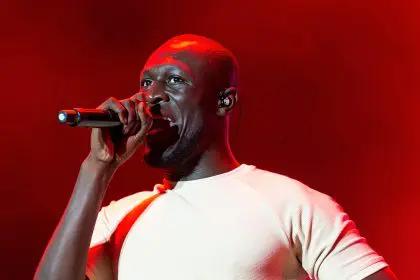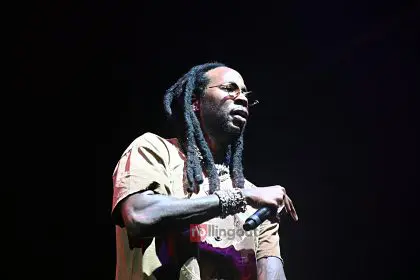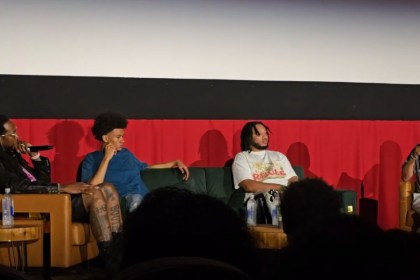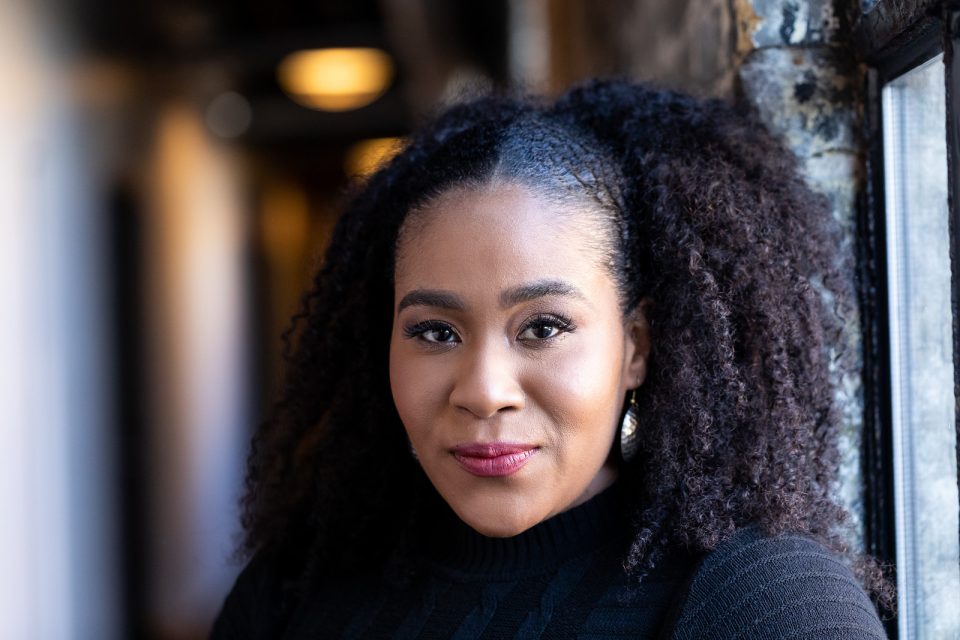
Tyshun Wardlaw is the owner of Wardlaw Productions. Her documentary Growing Up Milwaukee is currently streaming on HBO Max. The documentary follows the lives of three Black youth from the city of Milwaukee. It details their experiences and challenges as Black youth in their community.
Growing Up Milwaukee is an insightful and heartfelt look into the lives of real human beings and provides the viewer with a perspective that is often overlooked. Wardlaw recently spoke with rolling out about her documentary, the road that led her to film making and landing her deal with HBO Max.
How did working in broadcasting and television inform your production experience?
Starting my career in news broadcasting assisted with understanding the importance of attention to detail. As a producer of a live segment, you must make sure that you have all of the correct details and most up-to-date information for breaking news as you prepare the rundown. I honestly admit that I was overjoyed, when I transitioned into daytime talk because it allowed the opportunity for more creativity. Most importantly, I had more time to craft a story and engage with real people for a pre-taped segment.
What inspired your latest film Growing Up Milwaukee?
Unfortunately, Milwaukee is currently statistically rated as the worst city for Blacks to live in in the U.S. In Milwaukee, 50 percent of Black men in their 30s and 40s have been incarcerated, 33.4 percent of Black communities live in poverty – the highest in the country – and 33.8 percent of Black youth don’t complete high school within four years. As a Milwaukee native, I wanted to tell the stories behind the statistics and humanize the narrative being created about Black youth in the city.
What would you say was your biggest takeaway from that experience?
My biggest takeaway from filming the stories of Black youth in Milwaukee was that I did not expect the overwhelming support from the city. As a filmmaker, I didn’t know how receptive people would be to participate in the film and share their truths. After the film was released, it sparked a call of action that encouraged local Milwaukee leaders and organizations to start discussing how they can continue to help create a new narrative about the city.
Why was it important for you to shine the light on the Black experience in Milwaukee?
Most importantly, I needed to reinforce that all hope is not lost for Black youth in the city. Unfortunately, Milwaukee is a lot of things – great and bad – but hopeless is not one of them.
How was the process of getting your film on HBO Max?
The film going to HBO Max was nothing less than purposeful, and accomplished my original plan to reach a national audience. I was extremely well-positioned with getting information about the film out to different networks and received a few offers. I believed HBO Max would be a great start for the film and now the film is streaming exclusively on the new platform.




